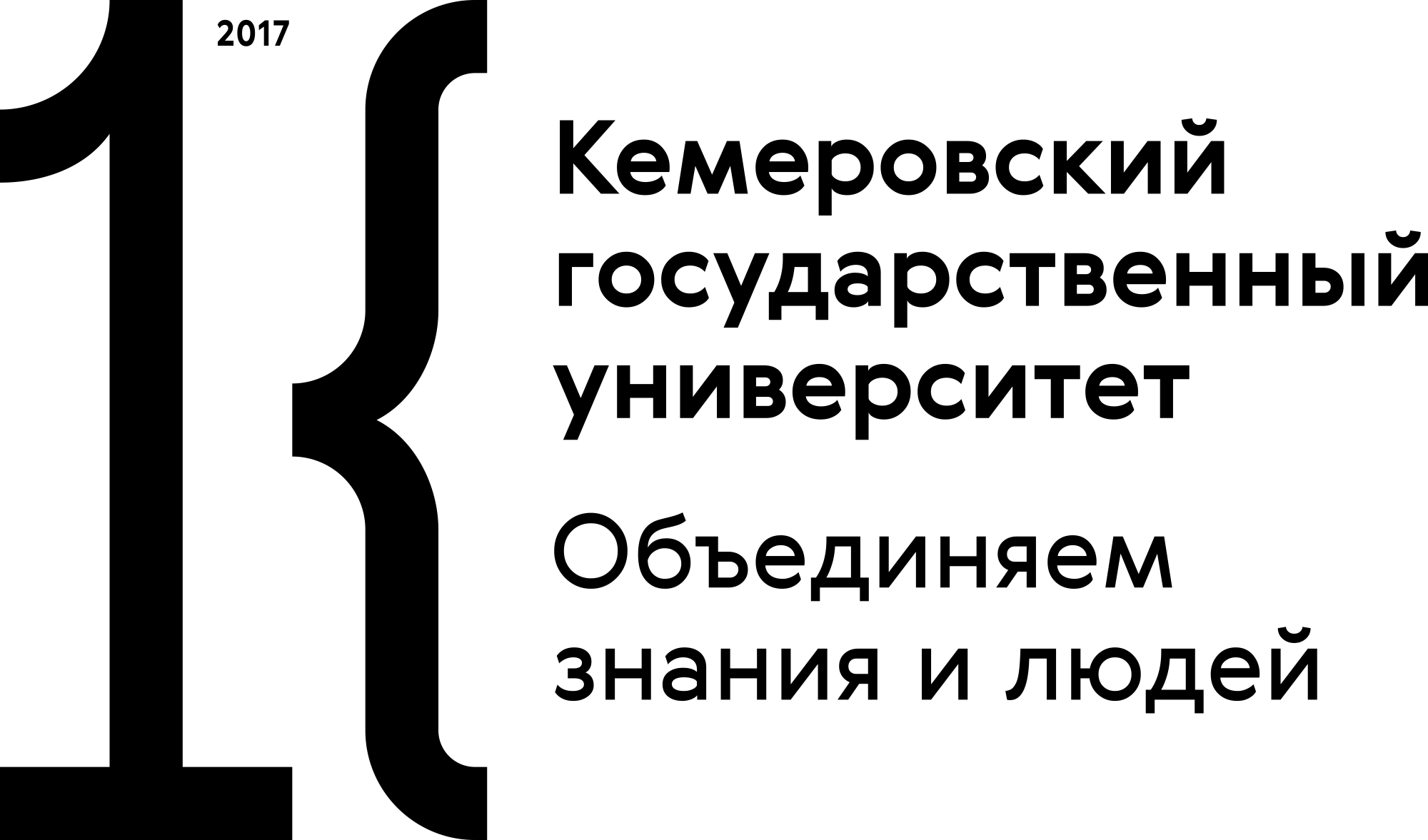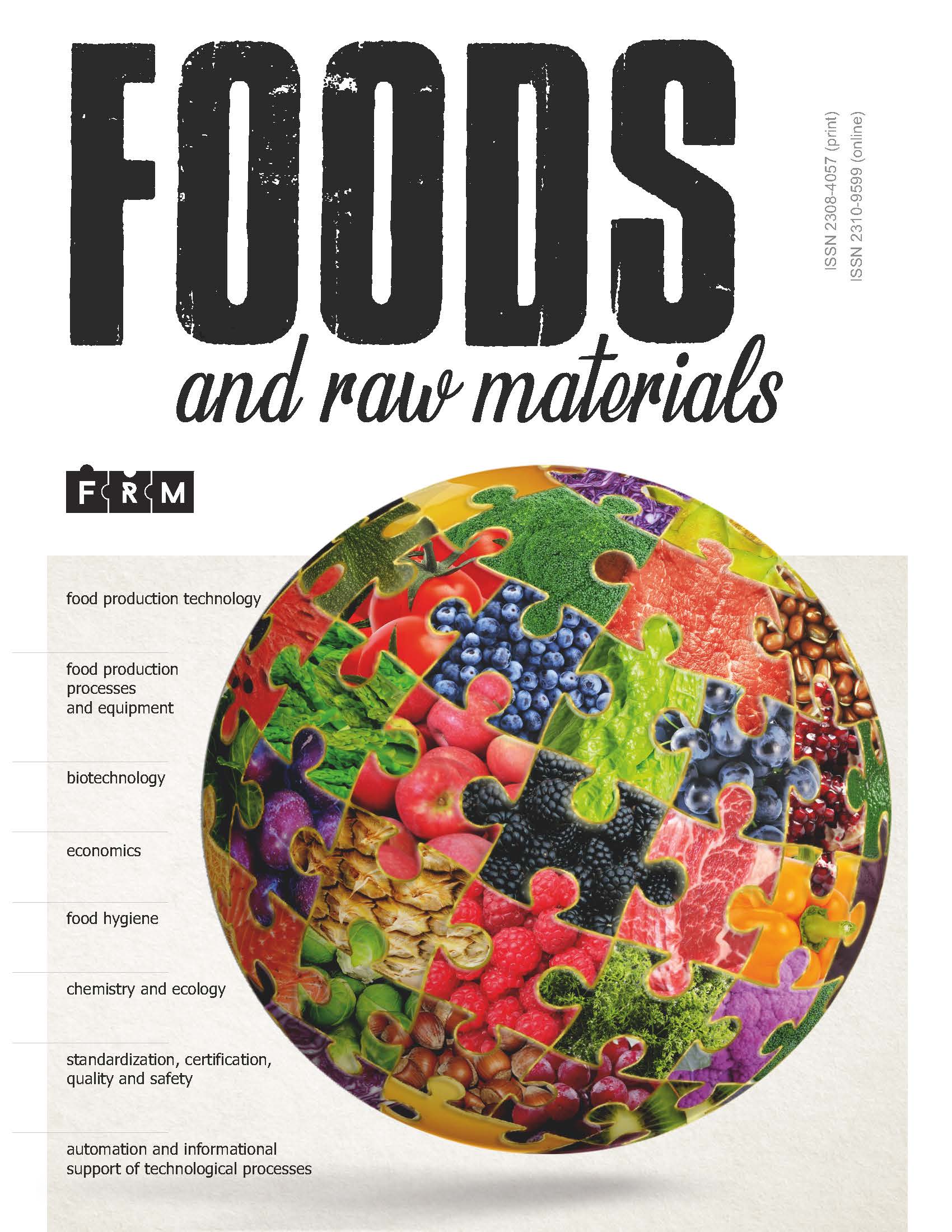Micronutrients (vitamins and minerals) play an important part in reducing the occupational and production related diseases among the workers of industrial enterprises. In this connection the ways of optimizing the preventive diets have been determined taking into account the specificity of jobs and the nature of effects of toxic compounds on the body. The results of research concerning the state of actual nutrition and vitamin supply of workers of metallurgical enterprises have been presented. Considering the nutritional status assessed the specialized drinks enriched with essen-tial micronutrients have been developed. The results have been obtained in clinical studies of the efficiency of the in-stant drink "Vitalife" through its inclusion in the diet of workers for one month, twice a day. The excretion of vitamin C and vitamin В2 in the urine, the content of the products of lipid peroxidation and the activity of antioxidant enzymes (TBA - active product – malonic dialdehyde, catalase activity and superoxide dismutase) have been studied. The pro-gram and methodic recommendations to optimize the preventive diets of workers of hot shops at metallurgical enter-prises have been developed: 1 cup (200 сm3) of ready-to-drink beverage made from the concentrate for soft drinks enriched with vitamins before work; 1 cup (200 сm3) of fruit and berry kissel enriched with vitamins and calcium during lunchtime as the third course or as a separate dish; 4 cups (1 dm3) of beverage from the mineral concentrate at the right time during the working shift. Products included in the program provide the water and salt balance and fill the micronutrient shortage. The use of specialized products in the preventive nutrition of workers has shown their efficiency in protecting the body from the unfavorable conditions of production. This can serve as a factor in the preservation of health and prevention of occupational and production related diseases.
The actual food, specialized products, a preventive diet, prevention of occupational diseases
INTRODUCTION
One of the preventive measures of occupational diseases of industrial workers and health preservation is the development of science-based diets and nutri-tional programs taking into account the specificity of jobs and the nature of effects of unfavorable production factors on the body [1, 18, and 19]. The given direction is a priority in the current nutritiology which is confirmed by a number of government acts and regulations [21, 22].
It is known that when operating in the heating mi-croclimate at metallurgical plants including aluminum production there is a considerable loss of water with the sweat, which leads to the increased consumption of vitamins and minerals by the body.
The characteristic combination of poor working conditions and the deficiency of vital micronutrients are the cause of psychosomatic disadaptation. As a result, the frequency of chronic diseases including oc-cupational and production related ones increases.
The main vector of the problem solution is the crea-tion and practical implementation of new types of spe-cialized products, including soft drinks with directed functional properties. It is necessary to confirm the quality of the consumer properties of products by con-ducting experimental or clinical studies [19].
OBJECTS AND METHODS OF STUDY
The research objects have been diets of workers of the West - Siberian metallurgical plant and aluminum plant in Novokuznetsk of Kemerovo region, biological medium (saliva, urine), experimental and commercial samples of specialized products. The actual nutritional status has been studied with the help of questionnaire using the method of 24 - hour playback and the com-puter program. The direct analysis of ascorbic acid in dishes and culinary products has been conducted for an objective assessment of vitamins in the diets.
1. Avstrievskyh, A.N., Vekovtsev, A.A., and Poznyakovskiy, V.M., Produkty zdorovogo pitaniya: novye technologii, obespechenie kachestva, effectivnost’ primeneniya (Products of healthy nutrition: new technologies, quality assurance, application efficiency), Novosibirsk: Sib. Univ. Publ., 2005. 416 p.
2. Baturin, A.K., Razrabotka sistemy otsenki i harakteristika struktury pitaniya i pishchevogo statusa naseleniya Rossii. Diss. dokt. med. nauk (Development of the assessment system and characteristics of the dietary structure and nutritional status of the population of Russia. Dr. med. sci. diss.), Moscow, 1998. 47 p.
3. Belakovskiy, M.S., Pitanie kosmonavtov (Astronaut diets), Aktualnye problemy kosmicheskoi biologii i meditsiny (Actual problems of space biology and medicine), Moscow, 1980, P. 6.
4. Belakovskiy, M.S., Radchenko, N.D., Bogdanov, N.G., et al, Problemy pitaniya (Nutritional problems), Kosmicheskaya biologiya (Space Biology), 1983, no. 1, P. 810.
5. Bereza, V.Ya., Gigienicheskie aspekty pitaniya pri smennom nochnom trude (Hygienic aspects of nutrition when having night shifts), Gigiena i sanitariya (Hygiene and sanitation), 1985, no. 6, pp. 52-55.
6. Efremova, V.V., Vitaminy v pitanii i profilaktike vitaminnoi nedostatochnosti (Vitamins in nutrition and prevention of vitamin deficiency), Moscow: Medicine, 1969. 207 p.
7. Vitaminy i bezopasnost’ dvizheniya poezdov (Vitamins and traffic safety), (Inform. list "About advanced production experience»), no. RB 64 (205) - 3469), Lviv, 1973.
8. Vovchik, N.A, Verbinets, A.A., and Manchan, L.V., Deistvie vibratsii na soderzhanie vitaminov (The effects of vibration on the content of vitamins), Problemy patologii v eksperimente i klinike (Problems of pathology in experiments and clinic), 1980, no. 4, pp. 177-178.
9. Vsemirnaya deklaratsiya po pitaniyu (World Declaration on Nutrition), Problemy pitaniya i zdorov’ya (Problems of nutrition and health), 1996, no. 3-4, pp. 20-21.
10. Garshev, B.N., Normalizatsiya vitaminnogo statusa (Normalization of vitamin status), Aktual’nye problem vitaminologii (Actual problems of vitaminology), 1978, vol. 3, P. 34.
11. Garshenin, V.R., Vitaminy v pitanii (Vitamins in the diet ), Voprosy pitaniya (Nutrition problems), 1971, no. 5, pp. 32-35.
12. Dadali, V.A., and Makarov, V.G., Biologicheski aktivnye veshchestva lekarstvennyh rastenii kak factor detoksikatsii organizma ( Biologically active substances of medicinal plants as a factor in the detoxification of the body), Voprosy pitaniya ( Nutrition problems), 2003, no. 5, pp. 49-55.
13. Dubrovskaya, T.A., and Sheptilov, N.N., Vitaminy i bezopasnost’ dvizheniya poezdov (Vitamins and traffic safety), Gigiena truda (Occupational hygiene), 1985, no. 5, pp. 46-48.
14. Efremov, V.V., Morphofunktsionalnye izmeneniya biologicheskih sistem v raznyh usloviyah (Morphological changes of biological systems under different conditions), Moscow, 1980, pp. 27-31.
15. Kondrusev, A.I., Spirichev, V.B., Chertkov, K.S., and Rymarenko, T.V., Vitaminy i ioniziruyushchaya radiatsiya (Vitamins and ionizing radiation), Him.-pharmatsevt. zhurn., 1990, 24, N1: 0023-1134, pp. 4-12.
16. Lazarevich, E.L., and Vekovtsev, A.A., Razrabotka i otsenka kachestva pishchevyh produktov v ramkah programmy lechebno-prophilakticheskogo pitaniya rabochih promyshlennyh predpriyatii (Development and quality evaluation of food within the program of preventive nutrition of workers at the industrial enterprises), Doklady nauchno-prakticheskoi konferentsii “Tendentsii i faktory razvitiia agropromysh-lennogo kompleksa Sibiri” (Reports of scientific-practical conference “Trends and factors of the development of agro-industrial complex of Siberia”). Kemerovo, 2005, pp. 207-209.
17. Tutelian, V.A., and Eller, K.I., Metody analiza minornyh biologicheski aktivnyh veshchestv pishchi (Methods of analysis of minor biologically active substances of food), Moscow: Dinastiya Publ., 2010. 160 p.
18. Pilat, T.L., Istomin, A.V., and Baturin, A.K., Pitanie rabochih v vrednyh i osobo vrednyh usloviyah truda (Diets of workers in harmful and especially harmful working conditions), Istoriya i sovremennoe sostoyanie (The history and present state), 2006, vol. 1, P. 240.
19. Pokrovsky, V.I., Romanenko, G.A., Knyazhev, V.A., Gerasemenko, N.F., Onishchenko, G.G., Tutelian, V.A., and Poznyakovsky, V.M., Politika zdorovogo pitaniya. Federal’nyi i regional’nyi urovni (Policy of healthy nutrition. Federal and regional levels), Novosibirsk: Sib. Univ. Publ., 2002. 344 p.
20. Pushkina, N.N., Obespechennost’ organizma cheloveka vitaminami S, B, PP v usloviyah vozdeistviya nekotoryh proizvodstvennyh i klimaticheskih faktorov po dannym biokhimicheskih issledovanii (Provision of the human body with vitamins C, B, PP in the conditions of production and climatic factors according to the biochemical studies), Moscow, 1965, pp. 44-48.
21. Rasporiazhenie Pravitel´stva Rossiiskoi Federatsii ot 25.10.10 goda. № 1873 - r “Osnovy gosudarst-vennoi politiki Rossiiskoi Federatsii v oblasti zdorovogo pitaniia naseleniia na period do 2020 goda” (Instruction of the Government of the Russian Federation “Fundamentals of public policy of the Russian Federation in the sphere of healthy nutrition of the population up to 2020”). 2010, no. 1873 - r. (In Russ.)
22. Rasporiazhenie Pravitel´stva Rossiiskoi Federatsii ot 17.04.12 goda. № 559 - r “Strategiia razvitiia pishchevoi i pererabatyvaiushchei promyshlennosti Rossiiskoi Federatsii do 2020 goda” (Order of the Government of the Russian Federation “The strategy of the development of food processing industry of the Russian Federation till 2020”). 2012, no. 559 - r. (In Russ.)
23. Smolyansky, B.L., Vanhanen, V.V., Denisenko, N.M., et al, Vliyanie profilakticheskoi vitaminizatsii na vitaminnyi status i rabotosposobnost’ rabotnits konveiernyh proizvodstv legkoi promyshlennosti (The effect of prophylactic vitamin fortification on the vitamin status and performance of workers of conveyer manufacturing of light industry), Voprosy pitaniya (Nutrition problems), 1989, no. 4, pp. 40-43.
24. Smolyar, V.I., Pitanie dispetcherov i lits rabotayushchih u pul’ta upravleniya (Diets of controllers and those working at the controls), Aktual’nye voprosy gigieny pitaniya (Actual problems of food hygiene),Tbilisi, 1981, 108 p.
25. Spirichev, V.B. Mikronutrienty - vazhneishii alimentarnyi factor v ohrane zdorov’ya. Gigienicheskie aspekty primeneniya vitaminov proizvodstvennyh kollektivah (Micronutrients are the most important nutritional factor in health preservation. Hygienic aspects of vitamin application in the production staff (analytical review). Moscow, 2007. 63 p.
26. Spirichev, V.B., Trihina, V.V., and Poznyakovskiy, V.M., Obogashchenie pishchevyh produktov mikronutrientami- nadezhnyi put’ optimizatsii ih potrebleniya (Food fortification with micronutrients is the surest way to optimize their consumption), Polzunovsky Vestnik (Polzunovsky Vestnik), 2012, no. 2/2, pp. 9-15.
27. Spirichev, V.B., Rymarenko, T.V., Ovchinnikov, N.D., et al, Obespechennost’ vitaminami razlichnyh professionalnyh grupp naseleniya I puti ee optimizatsii (Vitamin supply of various professional groups and the ways to optimize it), Voprosy pitaniya (Nutrition problems), 1987, no. 4, pp. 4-9.
28. Spirichev, V.B., Shatnyuk, L.N., and Poznyakovskiy, V.M., Obogashchenie pishchevyh produktov vitaminami i mineral’nymi veshchestvami. Nauka i tehnologiya (Food fortification with vitamins and minerals. Science and Technology), Novosibirsk: Sib. Univ. Publ., 2005. 548 p.
29. Trihina, V.V., and Mayurnikova, L.A., Metodologicheskie I prakticheskie aspekty razrabotki I proizvodstva spetsializirovannyh napitkov (Methodological and practical aspects of the development and production of specialized drinks), Kemerovo: Kemerovo Institute of Food Science and Technology Publ., 2010. 206 p.
30. Trihina, V.V., Issledovanie potrebitel’skih svoistv i opredelenie reglamentiruemyh pokazatelei kachestva dlya lits s narusheniyami uglevodnogo obmena (Study of consumer properties and determination of regulated quality indices for persons with impaired carbohydrate metabolism), Tovaroved prodovol’stvennyh tovarov (Commodity expert of foodstuffs), 2011, no. 1, pp. 17-19.
31. Tutelian, V.A., Samsonov, M.A., Kaganov, B.S., et al, Kartoteka blyud dieticheskogo (lechebnogo i prophilakticheskogo) pitaniya optimizirovannogo sostava (Card-file of dietary dishes (medical and preventive) of the optimized composition), Moscow: National association of clinical nutrition Publ., 2008. 448 p.
32. Tutelian, V.A., Bondarev, G.I., and Martinchik, N.A., Pitanie i protsessy biotransformatsii chuzherodnyh veshchestv (Nutrition and biotransformation processes of foreign substances), Itogi nauki i tehnologii (Results of science and technology), 1987, vol. 15, P. 144.
33. Udalov, Yu.F., Petrov, P.P., Polyakov, I.I., et al., Vitaminizatsiya v profilaktike zabolevanii (Vitaminization in disease prevention), Teoreticheskie i prakticheskie aspekty izucheniya pitaniya cheloveka (Theoretical and practical aspects of the study of human nutrition), Moscow, 1980, P. 209.
34. Washington, D.C., Dietary Reference Intakes for Thiamin, Riboflavin, Niacin, Folate, Vitamin B12, Pantothenic acid, Biotin, and Choline. Institute of Medicine. National Academy Press, 1998. 564 p.
35. Washington, D.C., Dietary Reference Intakes for vitamin A, vitamin K, Arsenic, Boron, Chromium, Copper, Iodine, Iron, Manganese, Molybdenum, Nickel, Silicon, Vanadium, and Zink. Institute of Medicine. National Academy Press, 2002, 773 p.
36. Washington, D.C., Dietary Reference Intakes for vitamin C, vitamin E, Selenium, and Carotenoids. Institute of Medicine. National Academy Press, 2000. 506 p.
37. Folic acid and the Prevention of Disease. Report of the Committee on Medical Aspects of Food and Nutrition Policy. Department of Health. London. The Stationery Office, 2000.101 p.
38. Food fortification. Technology and quality control. Report of an FAO technical meeting. Rome, Italy, 20-23 November, 1995. Food and Agricultural Organisation of the United Nation. Rome, 1996, P. 104.
39. Honein, M.A., Paulozzi, L.J., Mathews, T.J., et al., Impact of Folic acid Fortification of the US Food Supply on the Occurrence of Neural Tube Defects, J.Am.Med.Ass., 2001, 285, no. 23, pp. 2981-2986.
40. Horackova, E., Houzaky, R. Vitalstoffe-Zivilization Kr. 196. Bd.10, P.4.
41. Kaucka J., Krikava., Houzaky R. Ann.Hyg. 1972, V. 18, № 2, P.16.










